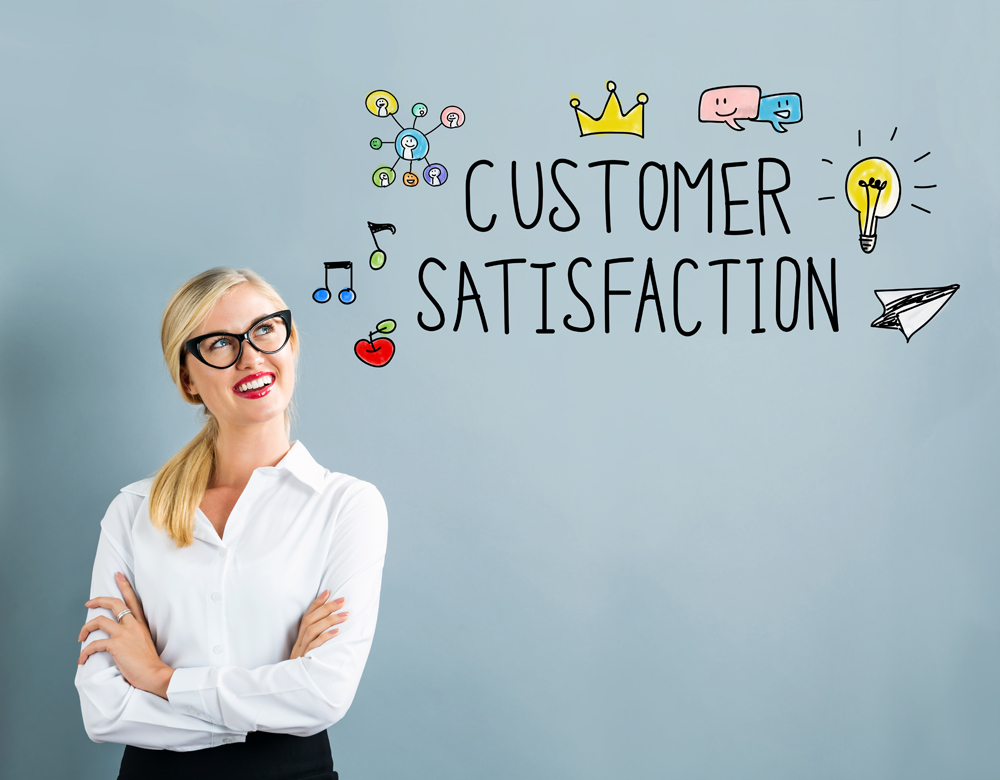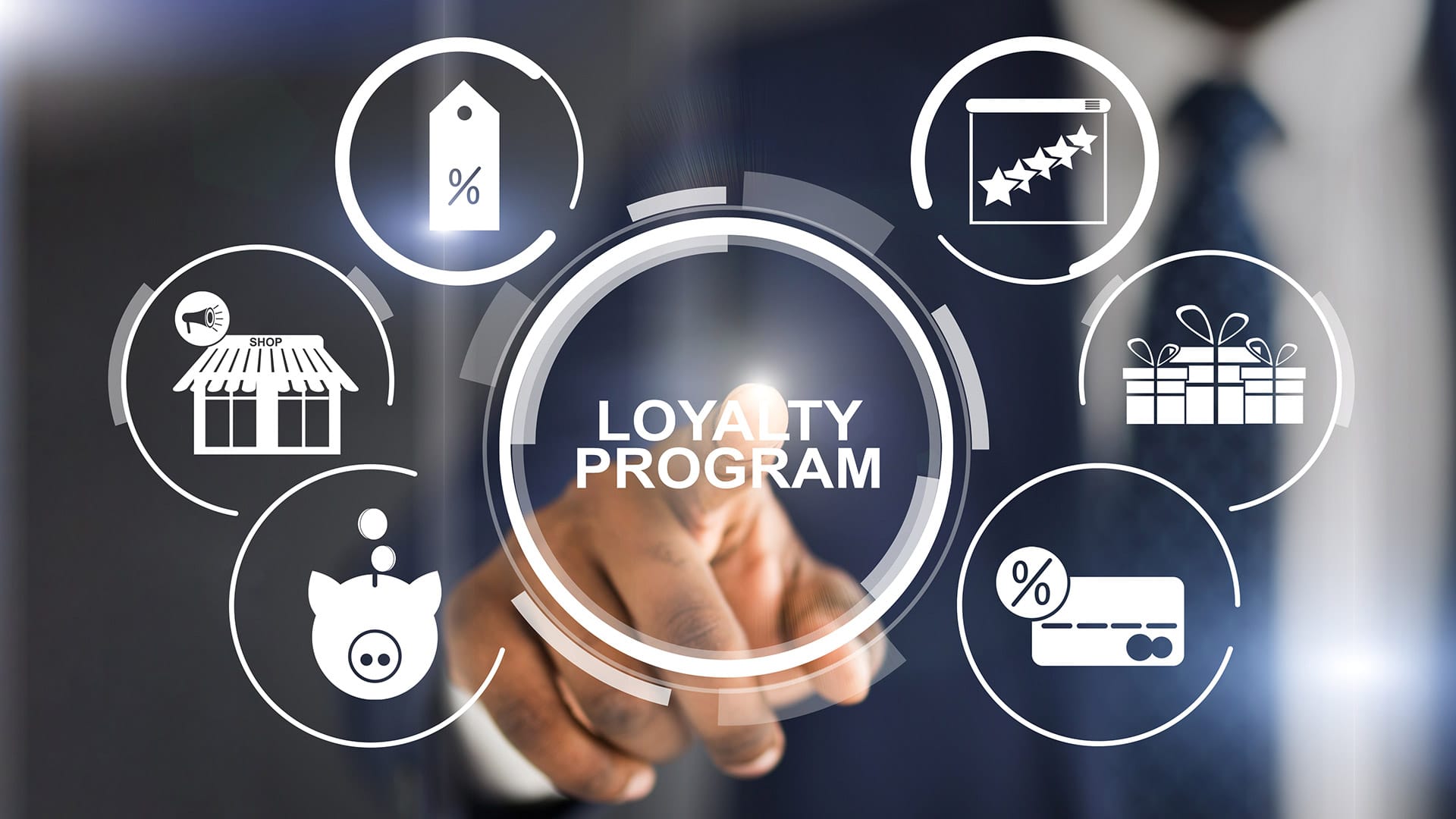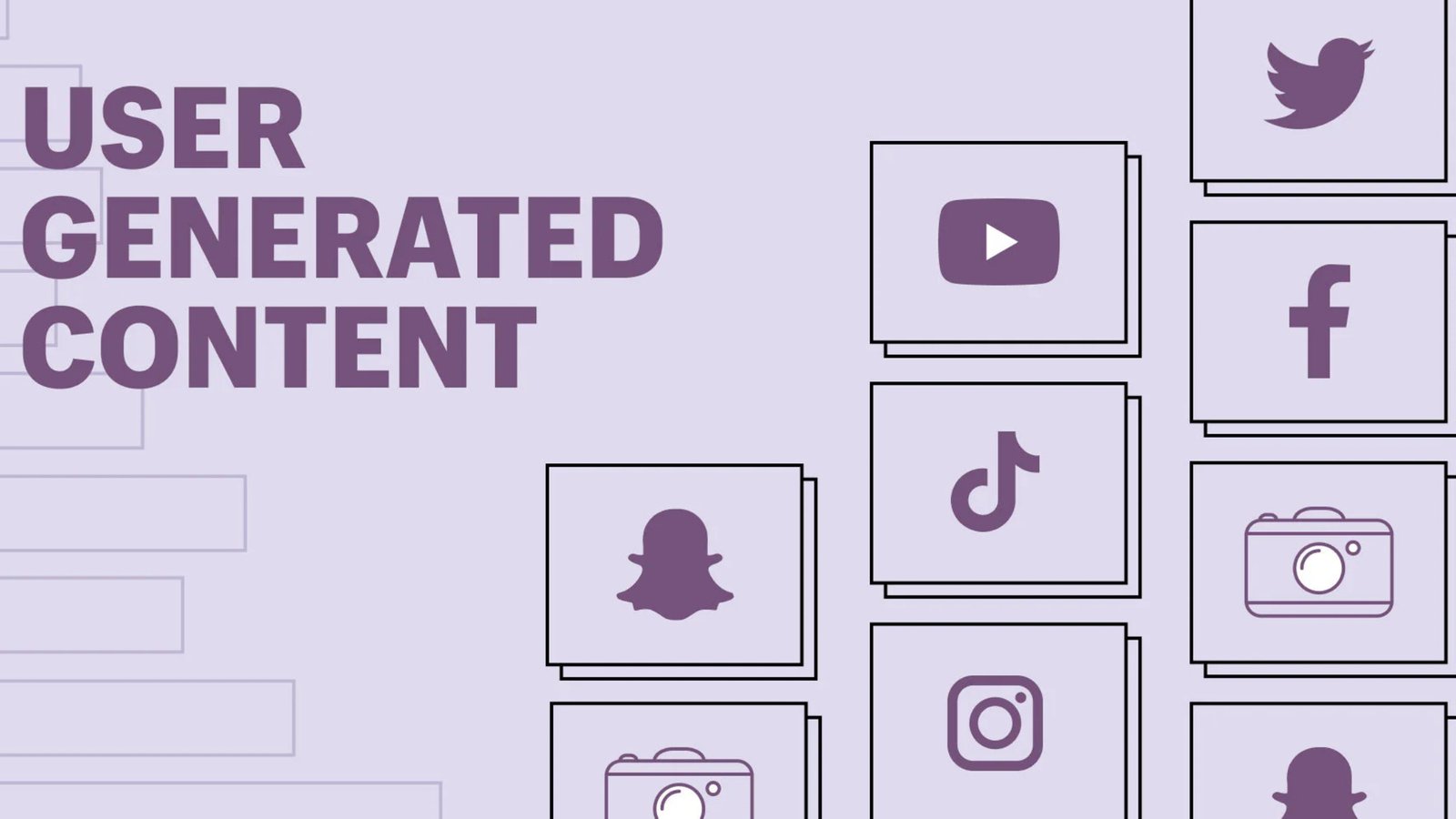Customer loyalty is one of the most valuable assets a startup can build. Loyal customers not only return for repeat purchases but also become brand advocates, helping you grow through word-of-mouth marketing. In an increasingly competitive marketplace, understanding the secret to customer loyalty can set your startup apart and foster long-term success.
In this article, we will explore the key strategies for building and maintaining customer loyalty, share expert insights, and provide practical tips to help your startup thrive by creating meaningful, lasting relationships with your customers.
1. Understanding Customer Loyalty
What is Customer Loyalty?
Customer loyalty refers to a customer’s willingness to consistently choose your brand over competitors, often due to positive experiences with your products, services, or customer support. It’s more than just repeat business—it’s about cultivating a strong, emotional connection that makes customers advocates for your brand.

Why is Customer Loyalty Important for Startups?
For startups, building a loyal customer base can:
- Lower customer acquisition costs: It’s cheaper to retain customers than to attract new ones.
- Increase lifetime value: Loyal customers tend to spend more over time.
- Boost brand reputation: Satisfied customers can become ambassadors for your brand.
2. Delivering Exceptional Customer Experience
Personalization is Key
Personalization is one of the most effective ways to build customer loyalty. Today’s customers expect tailored experiences that cater to their individual needs. Whether it’s personalized product recommendations, targeted marketing, or personalized emails, showing that you understand and value your customers on a personal level can significantly improve loyalty.

Offer Outstanding Customer Service
Customer service is the backbone of customer loyalty. Fast response times, knowledgeable support staff, and genuine concern for customer issues are key factors that can set your startup apart from competitors. Ensure that your support team is well-trained and empowered to resolve customer problems quickly and effectively.
3. Rewarding Loyalty Through Incentives
Implement a Loyalty Program
A loyalty program can be an excellent tool for encouraging repeat purchases. Offer rewards like discounts, freebies, or exclusive perks to customers who make multiple purchases or engage with your brand. A points-based system, where customers earn points for every dollar spent, is a popular and effective model.

Use Gamification to Engage Customers
Incorporating gamification elements, such as badges, leaderboards, or challenges, can make engaging with your brand fun and rewarding. This encourages customers to keep coming back to participate in the activities that lead to rewards or recognition.
4. Building Trust and Transparency
Be Transparent About Your Values
Today’s consumers are increasingly value-driven. Brands that are transparent about their values, mission, and ethical practices can foster stronger connections with customers. Being open about sourcing materials, business practices, and corporate responsibility can help build trust, which is a cornerstone of customer loyalty.

Consistency is Crucial
Consistency in delivering on your promises—whether it’s product quality, delivery times, or customer support—builds reliability, and customers are more likely to stay loyal to brands they trust to meet their expectations every time.
5. Encouraging Customer Feedback and Engagement
Actively Seek Customer Feedback
One of the best ways to foster loyalty is to actively seek and act on customer feedback. Create opportunities for customers to share their thoughts through surveys, product reviews, or social media interactions. More importantly, show that you’re listening by making improvements based on their suggestions.

Engage with Customers on Social Media
Social media is a powerful tool for building and maintaining relationships with your customers. Regularly engaging with your audience by responding to comments, sharing user-generated content, or hosting giveaways can create a sense of community and foster loyalty.
6. Expert Insights and Case Studies
Case Study: Starbucks Rewards Program
One of the most successful examples of a customer loyalty program is the Starbucks Rewards Program. By offering points for every purchase, personalized offers, and free items on birthdays, Starbucks has cultivated a loyal customer base that frequently returns. The program not only incentivizes repeat business but also strengthens the emotional connection customers feel toward the brand.
7. Future Outlook and Practical Applications
Personalization Powered by AI
As artificial intelligence continues to evolve, AI-powered personalization will play an increasingly significant role in customer loyalty strategies. Startups can use AI tools to analyze customer behavior and preferences, delivering hyper-personalized product recommendations, content, and services.
The Rise of Subscription Models
More startups are adopting subscription models as a way to build loyalty. Subscription services not only provide predictable revenue but also create recurring touchpoints with customers, keeping them engaged with your brand over the long term.
Social Responsibility and Loyalty
Consumers are paying more attention to the social and environmental impact of the companies they support. Startups that adopt sustainable practices and demonstrate a commitment to social causes will have a competitive advantage in building loyal customer bases in the future.
Conclusion
Building customer loyalty is the secret to customer loyalty and long-term success for any startup. By focusing on delivering exceptional experiences, rewarding customers, maintaining transparency, and engaging in meaningful ways, you can foster lasting relationships with your customers.
Incorporating these strategies not only helps retain customers but also turns them into advocates who help grow your brand organically. As customer expectations continue to evolve, staying adaptable and consistently providing value will ensure your startup thrives.
FAQs
Q1. What is customer loyalty?
Customer loyalty refers to the likelihood of customers consistently choosing your brand over competitors due to positive experiences.
How can startups build customer loyalty?
By delivering personalized experiences, offering rewards, providing excellent customer service, and being transparent about values.
What are some examples of loyalty programs?
Loyalty programs can include points-based systems, membership discounts, or exclusive rewards for repeat purchases.
Why is transparency important for customer loyalty?
Transparency builds trust, which is a key factor in fostering long-term loyalty.
What role does AI play in customer loyalty?
AI helps deliver personalized experiences by analyzing customer data and tailoring offerings based on preferences.








